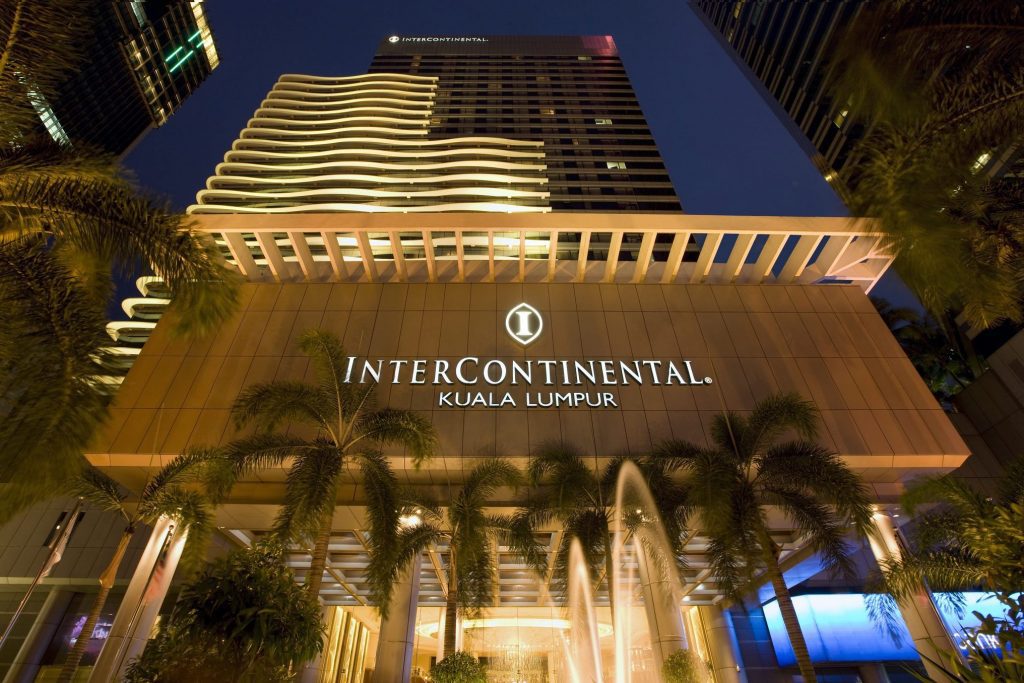How IHG's Latest Regional Revamp Is Rankling Asia Hotel Owners

Skift Take
InterContinental Hotels Group isn’t afraid to change how the traditional hotel chain is organized and structured. Its latest move is making sub-regional heads directly accountable for development — even if that risks having owners think it prioritizes its own pipeline over their hotels’ performance. Some in Asia already do.
InterContinental Hotels Group (IHG) two years ago carved out a mega operating region. Instead of the usual Asia/Middle East/Africa (AMEA), the global hotel industry saw the astonishing birth of a Europe/Middle East/Asia/Africa (EMEAA) area. A new CEO to oversee the ginormous region, Kenneth Macpherson, was appointed, based in London.
Asian owners were livid, reading the move as a downsizing of the chain’s Asia regional in Singapore. They also rued that the solid relationship built over the years with the Asian team led by CEO Jan Smits, who quit, would be diluted.
The only consolation for owners was a familiar face in Clarence Tan, who succeeded Smits in Singapore, albeit in a smaller role as managing director of Southeast Asia and Korea. Tan has served the Asian office for 16 years.
But now tongues are wagging again among some Asian owners, which received a letter from the chain informing them that Tan is being replaced by a development person. What’s more, there’s a structure change that will soon place the responsibility for development on the managing directors of the four business units across Europe/Middle East/Asia/Africa.
“This is a natural next step that gives our MDs (managing directors) end-to-end accountability for their business unit and will also give our vice presidents of development greater accountability for growth,” said Macpherson in a letter to owners that was obtained by Skift.
Traditionally vice presidents of development would report to a global development chief and not the CEO or managing director of the region. Usually, the CEO or managing di
